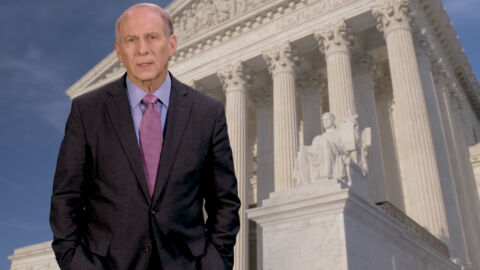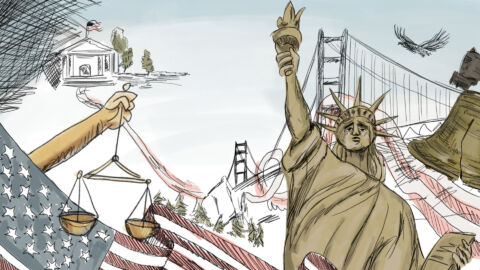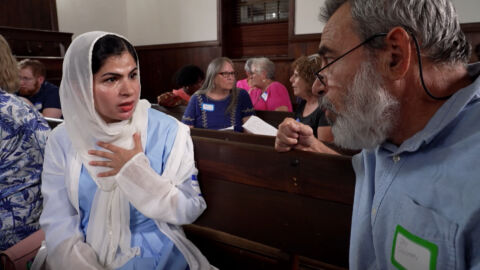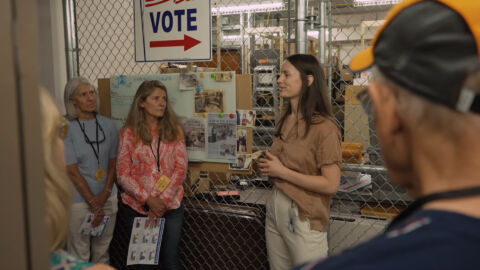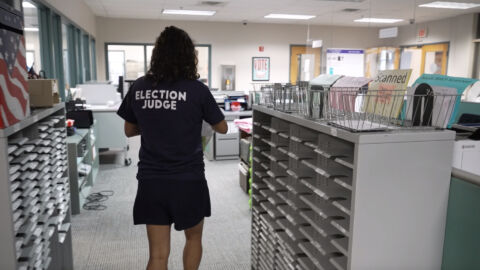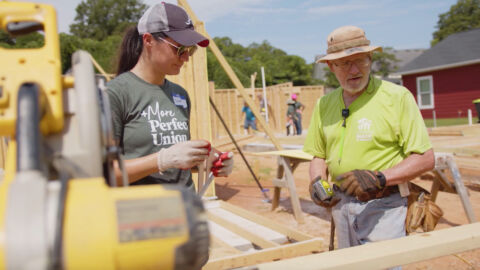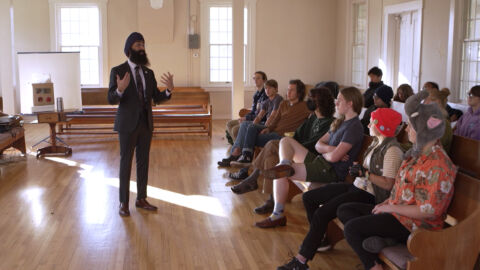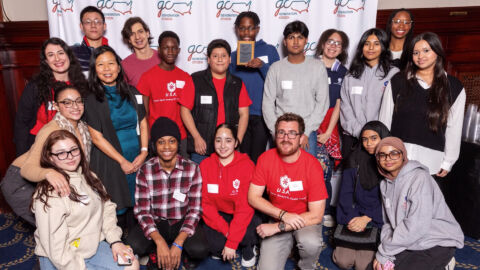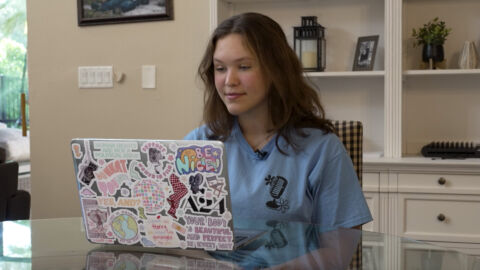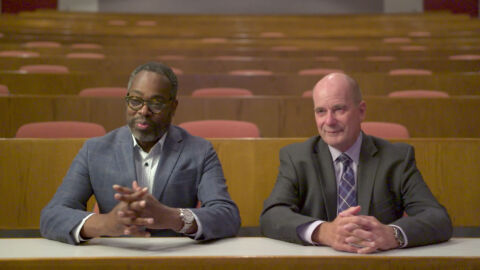One of the most basic ways to participate in democracy is to vote. Yet, many people choose not to participate in this act, for a variety of reasons. In fact, over the past fifty years, close to 40% of eligible voters did not participate in voting in the U.S. presidential elections, and an even higher percentage did not vote in midterm elections.
Thankfully, there are many other ways, beyond voting, that citizens can get involved in boosting democracy and directly participate in politics: donating money to a candidate; volunteering for a political campaign for a cause that you believe in; or encouraging your community to register to vote.
Author and diplomat Richard Haass writes in his book, “The Bill of Obligations: Ten Habits of Good Citizens,” that “the Declaration of Independence explicitly makes this point: ‘Governments are instituted among men, deriving their just powers from the consent of the governed.’ This all requires, though, that citizens take an active part in their democracy.”
Haass emphasizes the fact that democracy cannot be a spectator sport:
“Voting is the most basic act of citizenship.”
Past regularly scheduled elections, participatory budgeting is yet another way that citizens are getting engaged in making decisions in how they live, work and play. No two participatory budgeting processes are exactly alike, but in general, it’s a program in which the local community actively and directly decides how public money is spent. Use of participatory budgeting has been trending upwards in the last decade or so in the U.S., specifically in the Chicago area, where it was first used in 2009.
Matt Ouren is the Participatory Budget Manager for the City of Evanston, a suburb of Chicago. He shares, “The number one thing is to trust the community to participate, because this is a new thing that you’re introducing, but they’ll come through.” And, during the town’s 2023 participatory budgeting process, the community did show up. They showed up with ideas, for months of exhaustive process meetings, and, ultimately, showed up in droves to vote on the proposals they wanted to come to life in their community.
Anyone who lives, works or goes to school in Evanston had an opportunity to decide how $3 million in surplus American Rescue Plan funds were spent. From a collection of 1,300 proposals that were submitted, 20 proposals were eventually selected by volunteers for the Evanston community to vote on. Anyone above 14 could vote in person or online.
Ouren says that this process has invited more people into the decision-making process for the city. “Roughly half of the people who have been engaging with us have not participated in a city meeting before or talked to a public official before,” he says.
Ideas for proposals on how the money will be spent are based on issues that are important to locals. Kemone Hendricks, a Participatory Budget Delegate, created a proposal to fund Evanston’s Present and Future’s Teen Parent Program. Hendricks was a teen mom herself at the age of 16 and can speak personally to the unmet needs of teen parents. She wants to see Evanston repeat this process in future years.
“I think this is real democracy. This is democracy at its finest.”
-Kemone Hendricks, Participatory Budget Delegate
Getting involved is particularly rewarding for community members who may not have participated in local politics before—especially if they get to see their ideas come to life.
“It’s really giving power back to the community and I think that’s amazing,” said Evanston Mayor Daniel Biss at one of the participatory budgeting expo sessions last fall.
We’re living in a time when there is a heightened lack of trust in government, Biss acknowledged. “I think this kind of initiative elevates trust and demonstrates that the government is a collective project. It’s the whole community acting together that can rebuild trust, and that rebuilt trust can then be utilized to solve all kinds of giant problems facing humanity right now.”
Ouren shares, “I think in a democracy, it doesn’t work without people, and this is a microcosm of that.”
This is episode 4 in the 11-part digital series, A Citizen’s Guide to Preserving Democracy, a production of The WNET Group’s Preserving Democracy multiplatform initiative. The series is based on the book, “The Bill of Obligations: Ten Habits of Good Citizens,” by author and diplomat Richard Haass.

